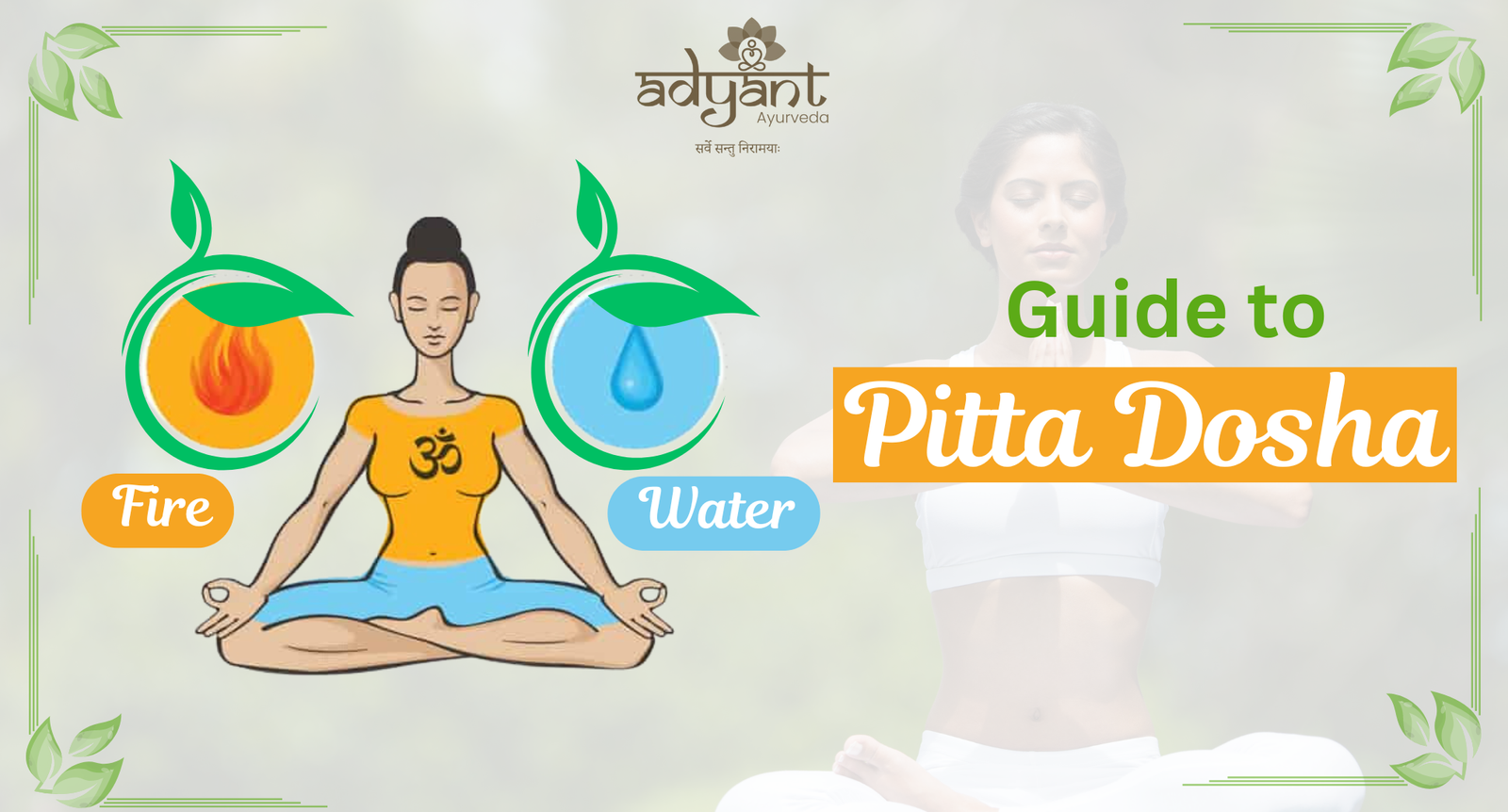Table of Contents
ToggleAyurvedic Self-Care During Pregnancy: A Holistic Guide
Introduction
Pregnancy is a transformative journey, filled with joy, anticipation, and self-discovery. Ayurveda, the ancient healing system of India, offers a holistic approach to ensure the well-being of both mother and baby. From herbal remedies to tailored self-care routines, Ayurvedic principles help nurture a smooth and healthy pregnancy.
At Adyant Ayurveda, the leading Ayurvedic hospital, we emphasize nurturing the mind, body, and spirit during pregnancy through Ayurvedic self-care practices, herbs, and Panchakarma treatments. This guide explores how Ayurveda supports expectant mothers through each trimester, promoting a healthy and blissful pregnancy.
Understanding Ayurveda’s Holistic Approach to Pregnancy
Ayurveda classifies pregnancy under Garbhini Paricharya, a set of guidelines focusing on dietary, lifestyle, and therapeutic aspects to support the expecting mother. The goal is to maintain balance in the three doshas—Vata, Pitta, and Kapha—ensuring a smooth pregnancy and a healthy baby.
Key Principles of Ayurvedic Pregnancy Care:
Supporting Vata dosha to enhance stability and nourishment.
Consuming sattvic (pure) and nourishing foods.
Practicing gentle physical activities like prenatal yoga.
Using safe and beneficial Ayurvedic herbs for strength and immunity.
Incorporating mild Panchakarma treatments under expert guidance.
Ayurvedic Herbs for a Healthy Pregnancy
Ayurvedic herbs play a crucial role in promoting maternal and fetal well-being. These herbs are carefully chosen to address the specific needs of pregnancy.
Essential Ayurvedic Herbs for Pregnancy:
Shatavari – Enhances hormone balance and supports lactation.
Ashwagandha – Helps manage stress and fatigue.
Amla (Indian Gooseberry) – Rich in Vitamin C, boosts immunity.
Ginger – Alleviates nausea and morning sickness.
Gokshura – Supports kidney health and fluid balance.
👉 These herbs should be consumed under an Ayurvedic practitioner’s guidance to ensure safety and effectiveness.
Panchakarma Treatments for Pregnancy
Panchakarma, Ayurveda’s detoxification therapy, is customized during pregnancy to ensure safety. Some mild treatments offer immense benefits:
Safe Ayurvedic Therapies for Pregnant Women:
Abhyanga (Oil Massage): Relieves stress, improves circulation, and nourishes the skin.
Swedana (Mild Herbal Steam Therapy): Reduces body aches and enhances relaxation.
Shirodhara (Oil Pouring on Forehead): Calms the mind, enhances sleep, and reduces anxiety.
Basti (Enema Therapy): Can be done cautiously under expert supervision.
Our expert Ayurvedic doctors specialize in prenatal care and provide personalized guidance on which treatments are safe and beneficial.
Trimester-Specific Ayurvedic Care
Each trimester brings unique physical and emotional changes. Ayurveda tailors self-care practices accordingly.
First Trimester: Nurturing Stability
Eat light, warm, and easily digestible foods.
Practice gentle Abhyanga to calm the nervous system.
Use Shatavari and Amla to strengthen immunity and digestion.
Avoid heavy detox treatments and excessive physical exertion.
Second Trimester: Nourishing Growth
Include protein-rich foods like moong dal and nuts.
Use Abhyanga massage to relieve joint pain and improve circulation.
Mild Swedana therapy can ease muscle discomfort.
Drink herbal teas like ginger or fennel for digestion.
Third Trimester: Preparing for Birth
Increase intake of ghee for lubrication of the birth canal.
Practice Prenatal Yoga and Meditation for emotional balance.
Use Shirodhara therapy to relax the mind before labor.
Include Basti therapy (under guidance) to strengthen the reproductive system.
Ayurvedic Practices for Emotional Well-Being During Pregnancy
Pregnancy brings a wave of emotional shifts. Ayurveda recommends:
✔️ Meditation & Mindfulness – Reduces stress and enhances emotional stability.
✔️ Aromatherapy – Calming scents like lavender promote relaxation.
✔️ Yoga & Pranayama – Balance hormones and support mental peace.
✔️ Sattvic Diet – Pure, fresh, and nutrient-rich foods support both physical and emotional health.
Postpartum Ayurvedic Care (Sutika Paricharya)
Ayurveda emphasizes postnatal care as essential for recovery and lactation. This includes:
Consuming nourishing soups and herbal tonics.
Performing gentle oil massages for strength and relaxation.
Taking Ayurvedic herbs like Shatavari for lactation.
Conclusion
At Adyant Ayurveda, we believe in a holistic and nurturing approach to pregnancy. Ayurvedic self-care ensures the well-being of both mother and baby through customized diet, lifestyle practices, herbs, and therapies. Our expert doctors provide personalized Ayurvedic prenatal and postpartum care, making your pregnancy journey smooth, balanced, and fulfilling.
🔹 Book a consultation with our expert Ayurvedic doctors today!
FAQs
1. Is Ayurveda self-care safe during pregnancy?
Yes, when done under the supervision of an experienced Ayurvedic practitioner, these practices are safe and beneficial for both mother and baby.
2. Can I take Ayurvedic herbs during pregnancy?
Yes, but only after consulting an Ayurvedic doctor, as not all herbs are safe for all stages of pregnancy.
3. How does Panchakarma help during pregnancy?
Panchakarma therapies like Abhyanga, Swedana, and Shirodhara help in relaxation, pain relief, and improving circulation.
4. What is the best Ayurvedic diet for pregnancy?
A sattvic diet rich in fresh fruits, vegetables, dairy, whole grains, and herbal teas supports optimal pregnancy health.
5. How can Ayurveda help with postpartum recovery?
Ayurvedic diet, herbal tonics, oil massages, and rest help in faster recovery and promote lactation after childbirth.
🌿 Experience a healthy and blissful pregnancy with Ayurveda. Visit Adyant Ayurveda today!









